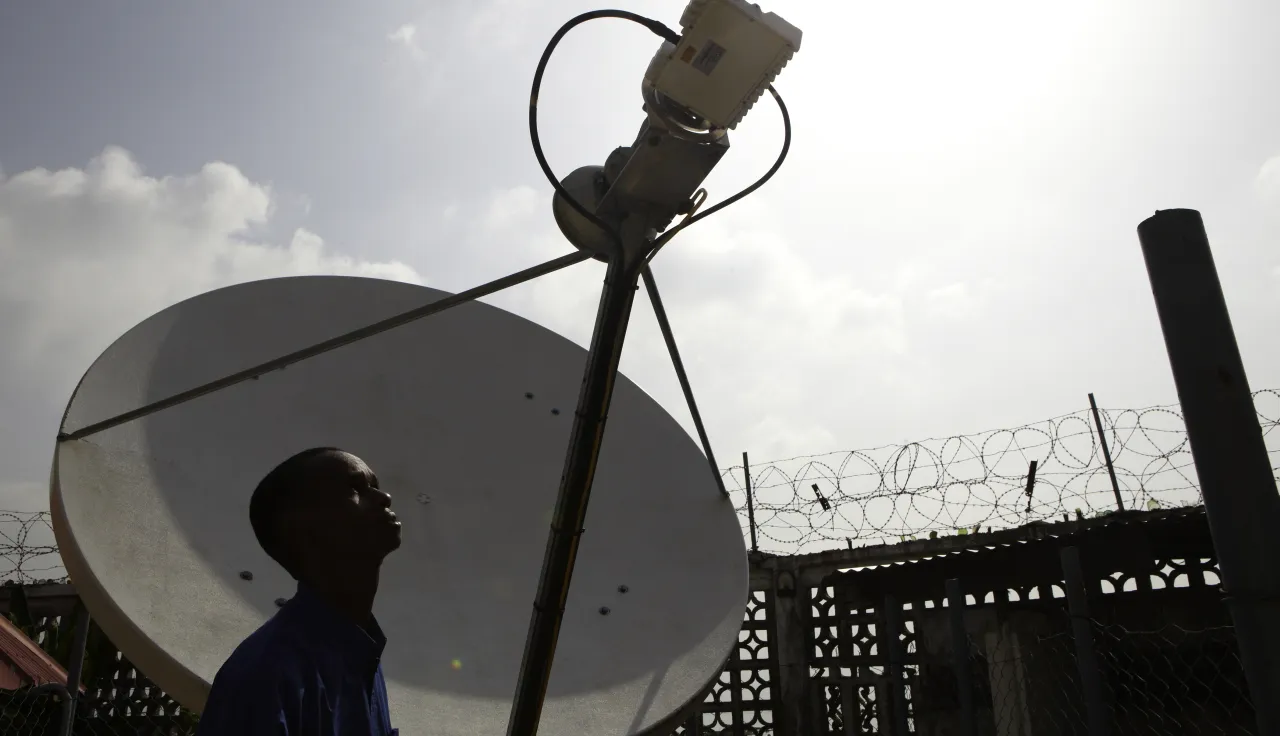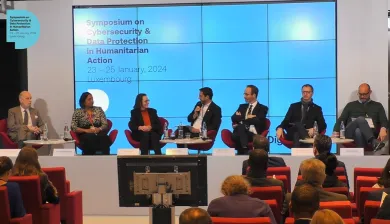Our work in Luxembourg
With humanitarian organizations becoming more active in and reliant upon new technologies and the digital domain, they have evolved from simple bystanders to full-fledged stakeholders in cyberspace. They also become vulnerable to adverse cyber operations that could impact their capacity to protect and assist people affected by violence or armed conflict while having to grapple with digitally enabled harm to affected people, whether induced by others or its own practices.
The impetus behind the Delegation for Cyberspace is grounded in the conviction that the ICRC and the humanitarian sector need to respond to the opportunities and challenges brought by digitalization, notably in conflict settings, and anticipate those that will continue to emerge with its expansion. We need to explore new ways to support, enable and protect our digital footprint, which is made up primarily of the data that affected populations entrust us with. A key component of this is understanding what adherence to the Fundamental Principles of neutrality, impartiality and independence of exclusively humanitarian action means in a digital world, and adapting our operating methods and technology choices accordingly.








